At the end of what has undoubtedly been a true annus horribilis for the monarchy, King Charles, at least, seems to have recovered something of his joie de vivre. Over the past few weeks alone, he has been seen bravely pretending to enjoy himself at a particularly strenuous royal variety show and bestowing much-deserved honors on Sir Christopher Nolan and Dame Emma Thomas. He has also been hosting the emir of Qatar on a state visit, an occasion that may have had more to do with money than genuine affection. After the grimness of the first part of the year, 2024 might appear to be ending on a high note for him.
The King is a seventy-six-year old man, who has been through considerable trauma over the last few years
This is, unfortunately, a mirage. His younger brother continuing to bother and bedevil him and the wider family — his absence from the informal family Christmas lunch was a necessity following the recent revelations linking him to an alleged Chinese spy. Not only this, but the news that the King’s cancer treatment is to continue into 2025 can only be concerning — despite the positive spin that has been placed on its announcement. Buckingham Palace sources have emphasized that “his treatment has been moving in a positive direction and as a managed condition the treatment cycle will continue into next year.” But the sheer length of time that Charles has spent undergoing chemotherapy will strike many as perhaps implying that there might be greater underlying issues than are being currently made public.
Issues of trust and transparency when it comes to the British royal family have been up for debate all year. The brouhaha about Prince Andrew being drawn into the latest Chinese spy scandal has only intensified the sense that the royals operate on their own terms, with their own rules, and that this has little to do with conventional laws of the land. Likewise, the controversy over the Princess of Wales’s clumsily edited Easter Day photograph — which, bizarrely, she had to publicly take the blame for, rather than allowing whichever courtier or press secretary was responsible to fall on their ceremonial sword — meant that trust in the monarchy’s public statements plummeted, and is unlikely to recover in the near future, if ever.
The King is a seventy-six-year old man, who has been through considerable trauma over the last few years. While the loss of his mother was an inevitability, the knowledge that he has followed Britain’s longest-lasting and most popular monarch means that he is perpetually aware that he needs to be a distinctive, forward-looking king, or risk being condemned to reputational irrelevance. Not only has he undergone familial estrangement — his younger son is still glowering in Montecito — but his grueling cancer treatment has visibly aged him, meaning that, for all his undoubted energy and commitment to the job, Britain has a ruler who is inevitably compromised.
Anyone with an ounce of compassion will hope that the “positive direction” suggested by the Palace is indeed true, and that the continuation of treatment is a precautionary step rather than a grim necessity. Yet we have seen the royal family, and its public messaging, at its most evasive this year, and only the most naive, or trusting, subject would take this news purely at face value. The King’s Christmas Day speech is always worth a watch, but, as in most years, its subtext will be as closely scrutinized as anything that he says. Today’s news has only intensified that particular anticipation.



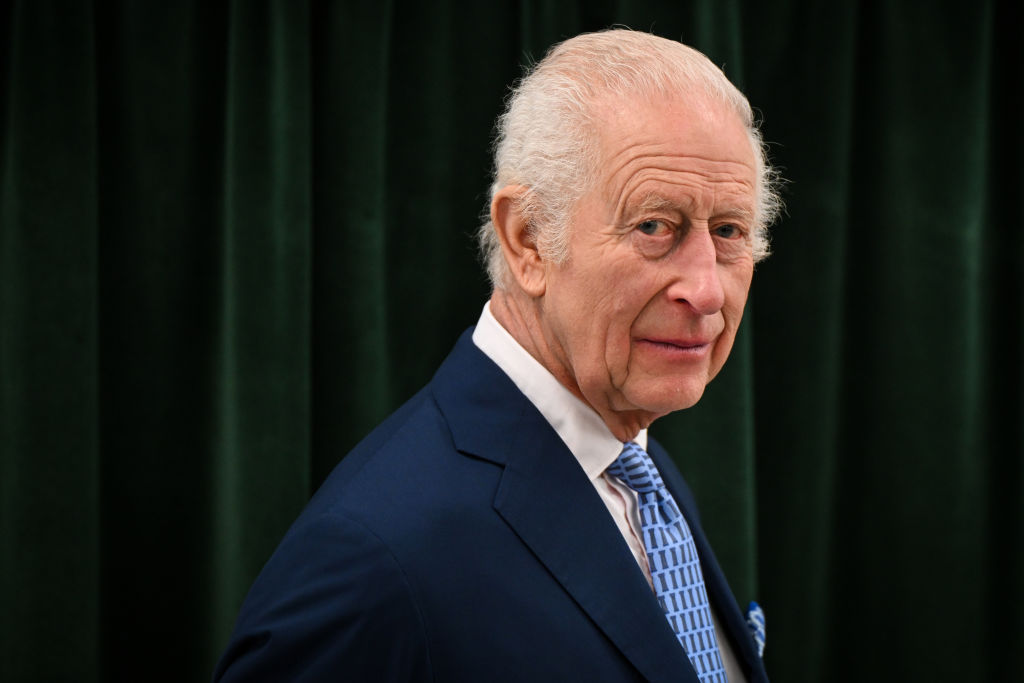







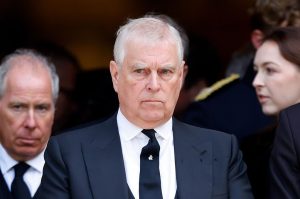


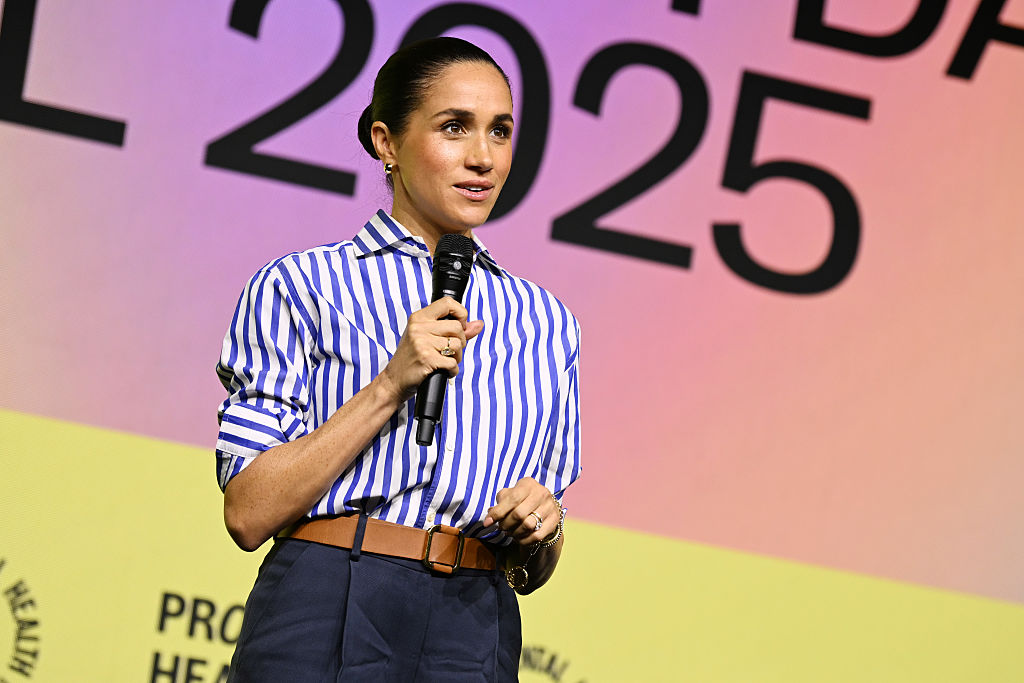
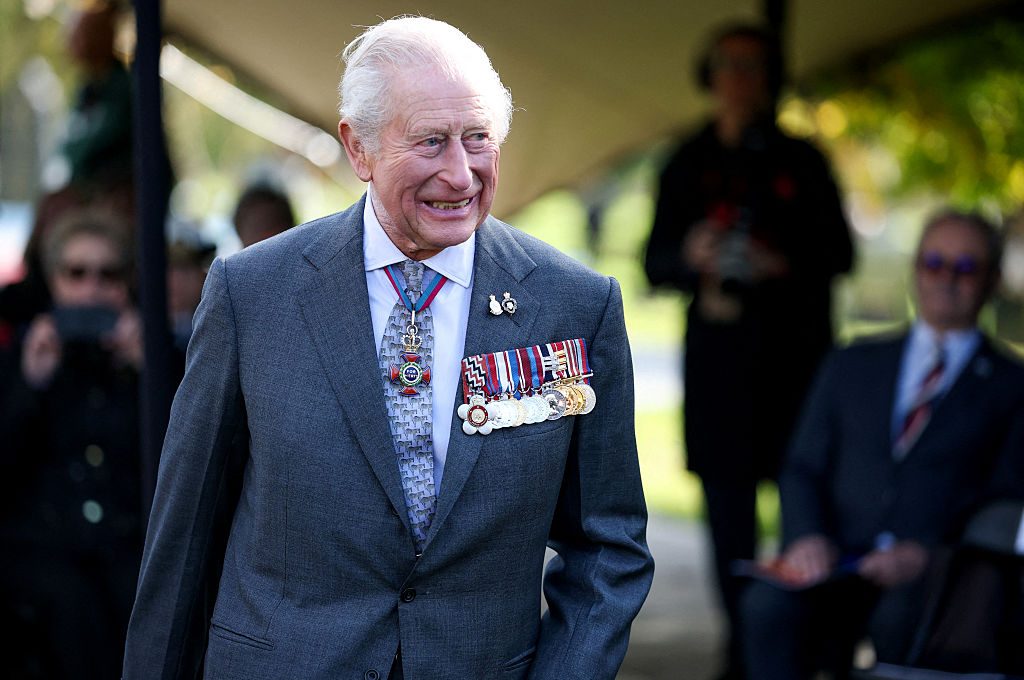

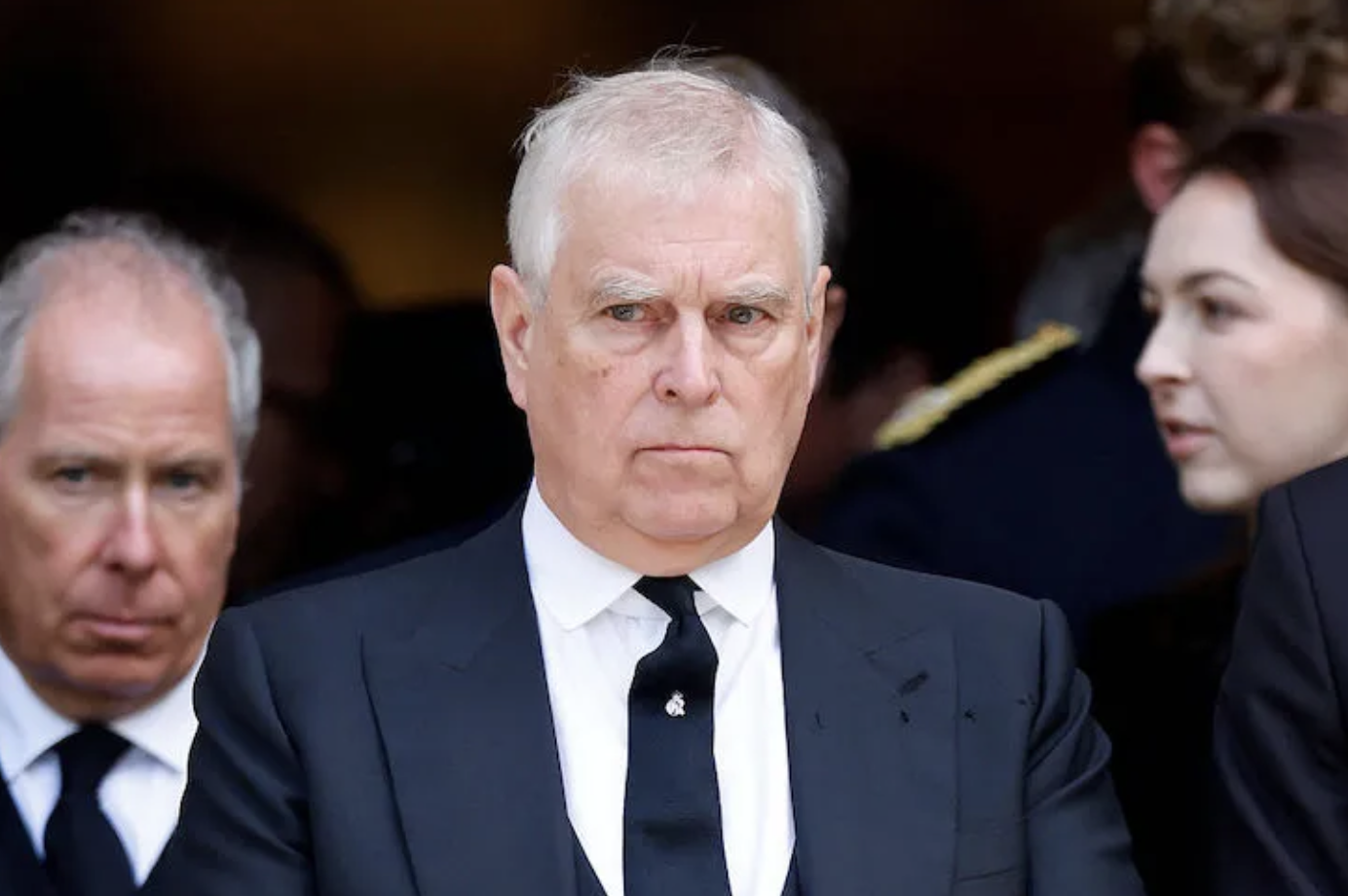
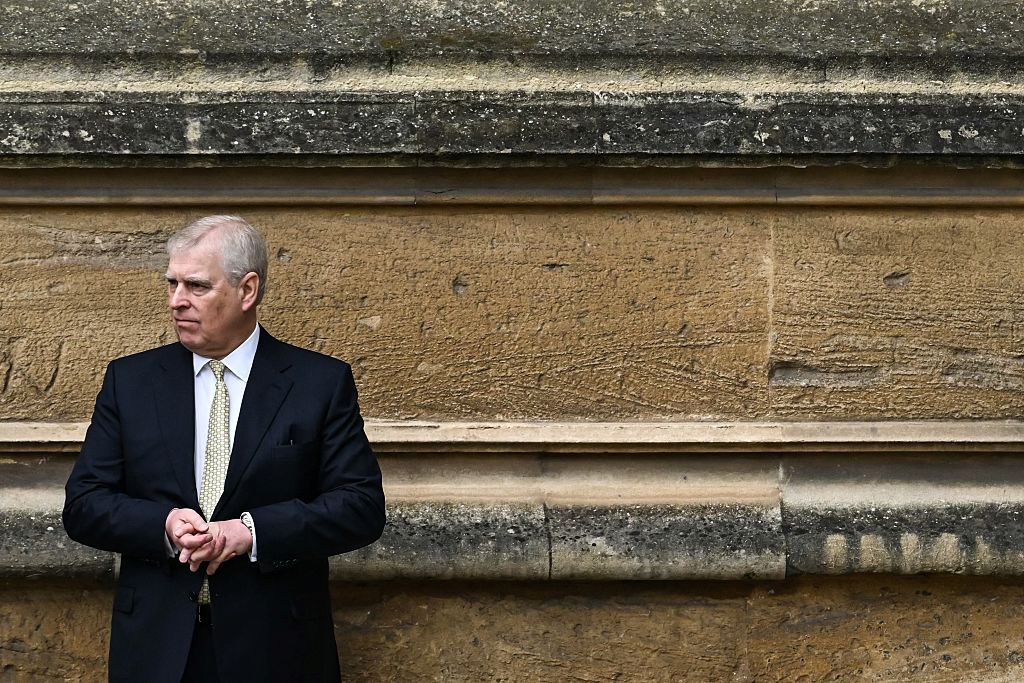







Leave a Reply